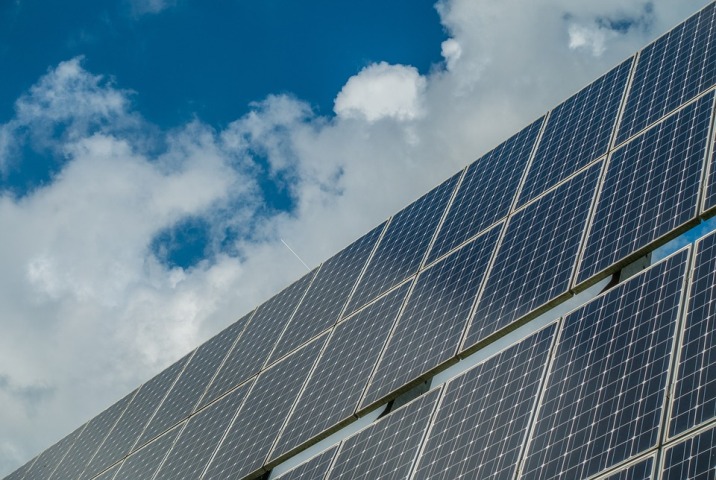IFC to assist Afghanistan for the construction of 40 MW solar power plant
The agreement will see IFC’s PPP advisory experts supporting the government to design and competitively tender the project, helping attract solar companies to develop the solar photovoltaic power plant.

- Country:
- Afghanistan
IFC, a member of the World Bank Group, has signed a landmark agreement with the government of Afghanistan to design a 40 megawatt (MW) solar power plant that will more than double the country’s current solar energy capacity.
In Afghanistan, electricity consumption is among the lowest in the world with only about 28 percent of Afghans connected to the grid. Three decades of conflict have left the country’s power system battered, with the country importing up to 80 percent of its energy and frequent blackouts reaching up to 15 hours a day in some parts of the country.
The Government of Afghanistan has an ambitious program to develop 2,000MW of solar power to boost the nation’s supply of electricity and will work with IFC on an initial 40 MW solar plant that will develop a new model for subsequent solar projects, helping the country more rapidly reach its 2,000MW goal.
“This public-private partnership would play a pivotal role in helping provide access to more reliable and predictable electricity services that will have a positive impact on businesses and households in Afghanistan,” said Mohammad Humayon Qayoumi, Afghanistan’s Finance Minister.
The agreement will see IFC’s PPP advisory experts supporting the government to design and competitively tender the project, helping attract solar companies to develop the solar photovoltaic power plant. IFC’s work with the government will be funded by the UK Department of International Development through DevCo, a multi-donor facility affiliated with the Private Infrastructure Development Group, and by the Global Infrastructure Facility.
“Given the scale of Afghanistan’s needs, the private sector has the potential to be transformative in supporting the country’s infrastructure development,” said Mouayed Makhlouf, IFC’s regional director for the Middle East and North Africa. “IFC will bring its global experience in PPPs to help identify, prioritize, structure, and tender the project that supports government priorities in developing the vital renewable energy sector.”
Afghanistan is a high-priority country for IFC. IFC has invested around $216 million in a number of projects in the telecommunications, hospitality, and financial sectors. IFC has provided advice aimed at improving the country’s investment climate and facilitating greater private sector investment.
ALSO READ
'BJP will play major role in Tamil Nadu's development': Tamil Maanila Congress (M) chief GK Vasan
DPIIT Secretary highlights PM GatiShakti principles to be adopted for development of socio-economic infrastructure
SAD alone can bring Punjab on road to development: Sukhbir Badal
Opposition candidate contesting polls with Congress support which ignored development: Himanta
Israel prepared to handle any developments with Iran, defence chief says










